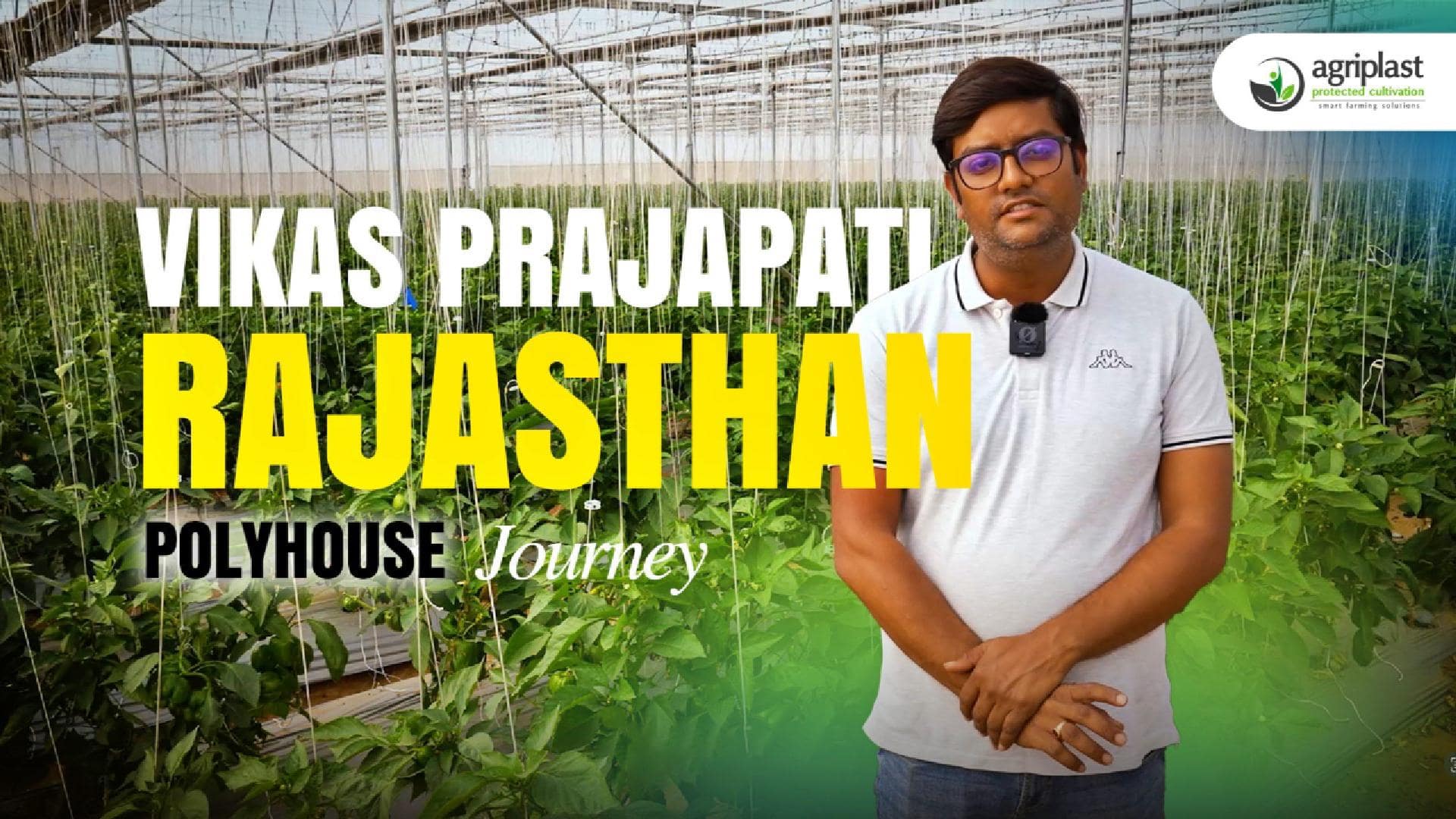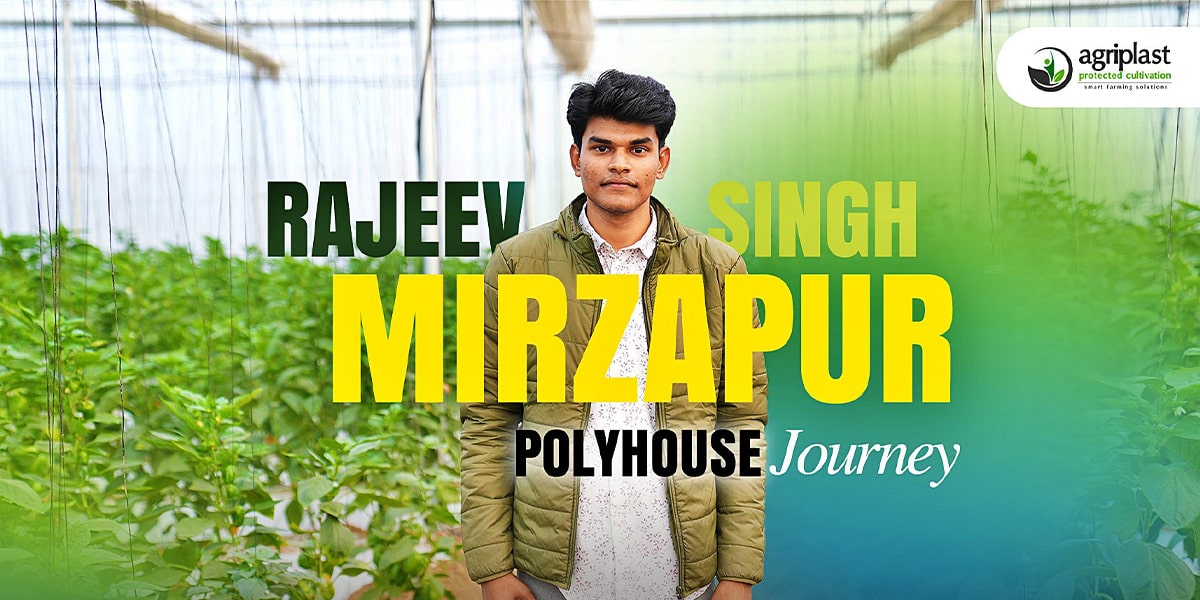Busting Myths: The Truth About Greenhouse Farming in the US
Greenhouse farming has gained popularity in the United States in recent years, but it is still largely misunderstood. Common misconceptions surrounding greenhouse farming are often perpetuated by those who are unfamiliar with the industry. In this article, we will explore the truth about greenhouse farming in the US and dispel some of the myths surrounding this innovative and sustainable method of agriculture.

What is Greenhouse Farming?
Greenhouse farming is a method of growing crops in a controlled environment. It involves the use of structures, such as greenhouses or hoop houses, to protect plants from external factors like weather, pests, and diseases. Greenhouse farming allows for year-round crop production and can be used to cultivate a wide variety of crops, from vegetables and herbs to flowers and ornamental plants.
Myth #1: Greenhouse Farming is Not Sustainable
One of the most common myths surrounding greenhouse farming is that it is not sustainable. This misconception is often based on the assumption that greenhouse farming requires large amounts of energy and water to maintain a controlled environment. However, the reality is that greenhouse farming can be an incredibly sustainable method of agriculture when done correctly.
Many greenhouse farmers use renewable energy sources, such as solar panels and wind turbines, to power their operations. Additionally, advanced irrigation systems and water conservation techniques are used to reduce water usage. Greenhouse farming also allows for more efficient use of land, as crops can be grown in a smaller space, reducing the need for large tracts of land.
Myth #2: Greenhouse Farming is Expensive
Another common myth surrounding greenhouse farming is that it is an expensive method of agriculture. While it is true that setting up a greenhouse can be costly, the long-term benefits of greenhouse farming often outweigh the initial investment.
Greenhouse farming allows for year-round crop production, reducing the risk of crop loss due to weather or other external factors. Additionally, greenhouse farming can increase crop yields, leading to higher profits for farmers. Greenhouse farmers also have greater control over the growing environment, which can lead to higher-quality crops.
Myth #3: Greenhouse Farming is Bad for the Environment
When people hear the term "greenhouse farming," they may assume that it is harmful to the environment because of the use of artificial heating and lighting. However, greenhouse farming can actually be a more environmentally-friendly method of agriculture than traditional farming methods.
Greenhouses allow for more efficient use of resources such as water, fertilizer, and pesticides. The controlled environment of a greenhouse also reduces the need for these resources, as well as the need for land, compared to traditional farming methods. Additionally, greenhouse farming can reduce the carbon footprint of agriculture by reducing transportation emissions associated with importing out-of-season produce.
Myth #4: Greenhouse Farming is Not as Nutritious as Traditional Farming
There is a common misconception that greenhouse farming leads to less nutritious crops than traditional farming methods. However, this is not necessarily true. In fact, greenhouse farming can actually lead to higher quality and more nutritious crops.
Greenhouse farmers have greater control over the growing environment, which allows them to optimize growing conditions for each crop. This can lead to higher yields and higher-quality crops. Additionally, greenhouse farming allows for year-round crop production, which can lead to more consistent availability of fresh, nutritious produce.
Conclusion
Greenhouse farming is an innovative and sustainable method of agriculture that is often misunderstood. Common misconceptions surrounding greenhouse farming are often based on assumptions and a lack of knowledge about the industry. However, as we have explored in this article, greenhouse farming can be an incredibly sustainable and profitable method of agriculture when done correctly. By dispelling these myths and educating the public about the benefits of greenhouse farming, we can help promote a more sustainable and efficient agriculture industry in the United States.
Maximize your crop production with the help of Agriplast Protected Cultivation, the leading greenhouse manufacturer in India. Our polyhouse construction services offer smart farming solutions that cater to your specific needs and requirements, allowing you to grow your business with limited resources. With our expertise in protected cultivation, you can rest assured that your crops are in good hands. Contact us today to learn more about how we can help you optimize your farming practices and improve your yields.



















